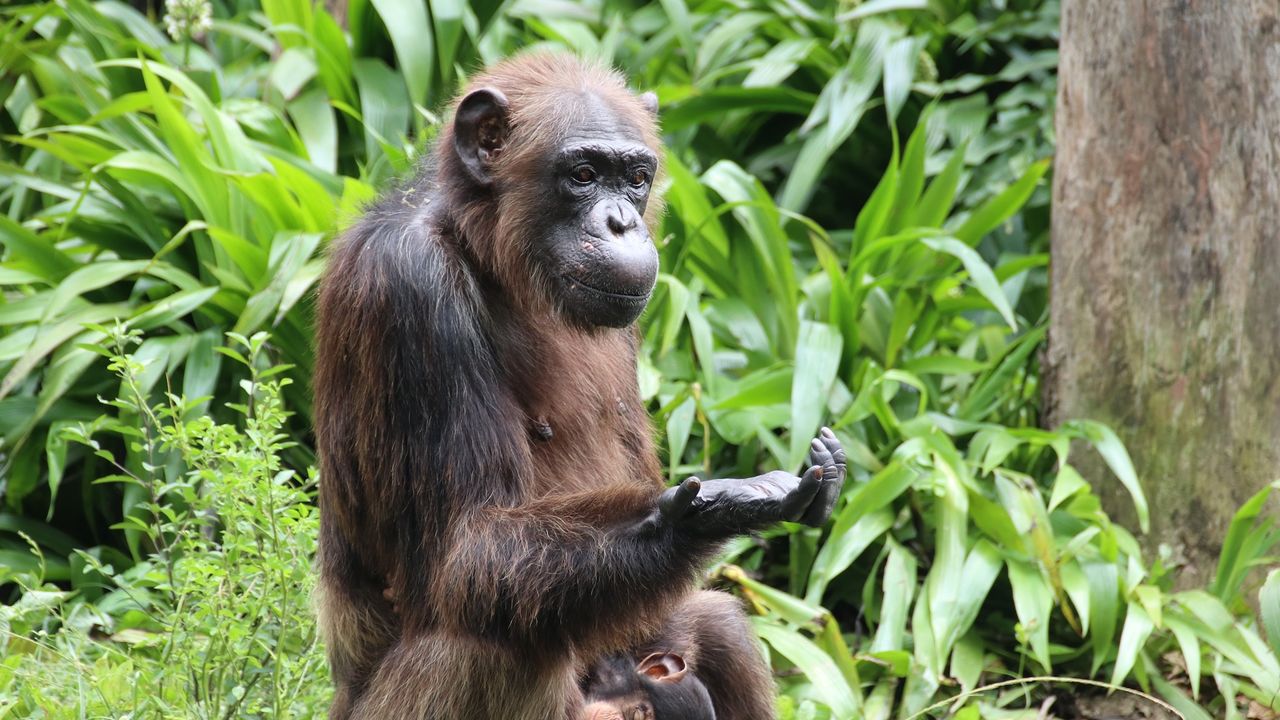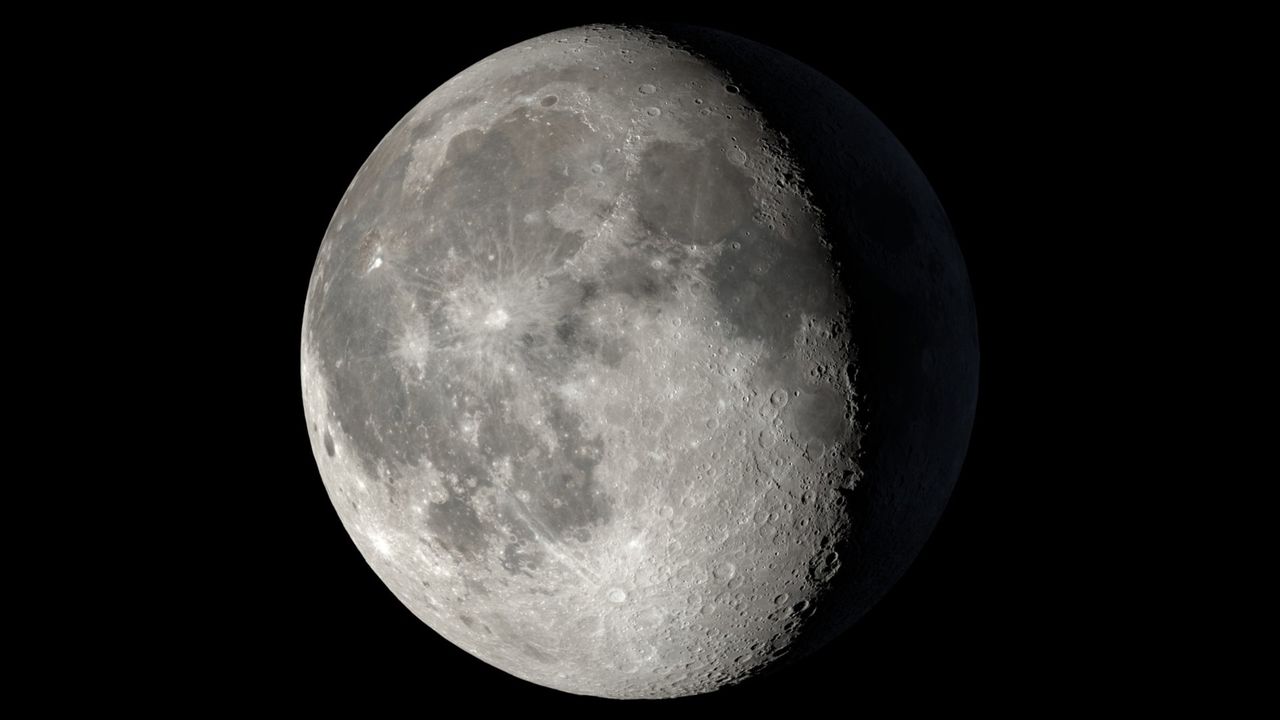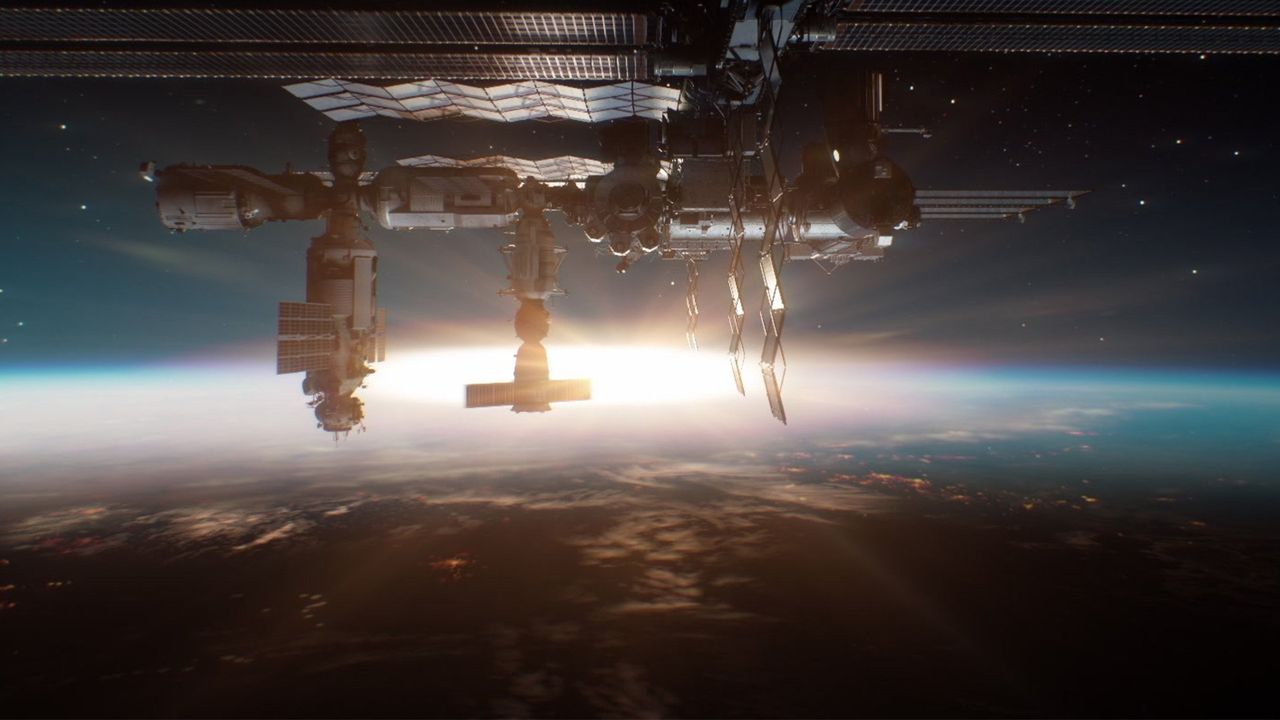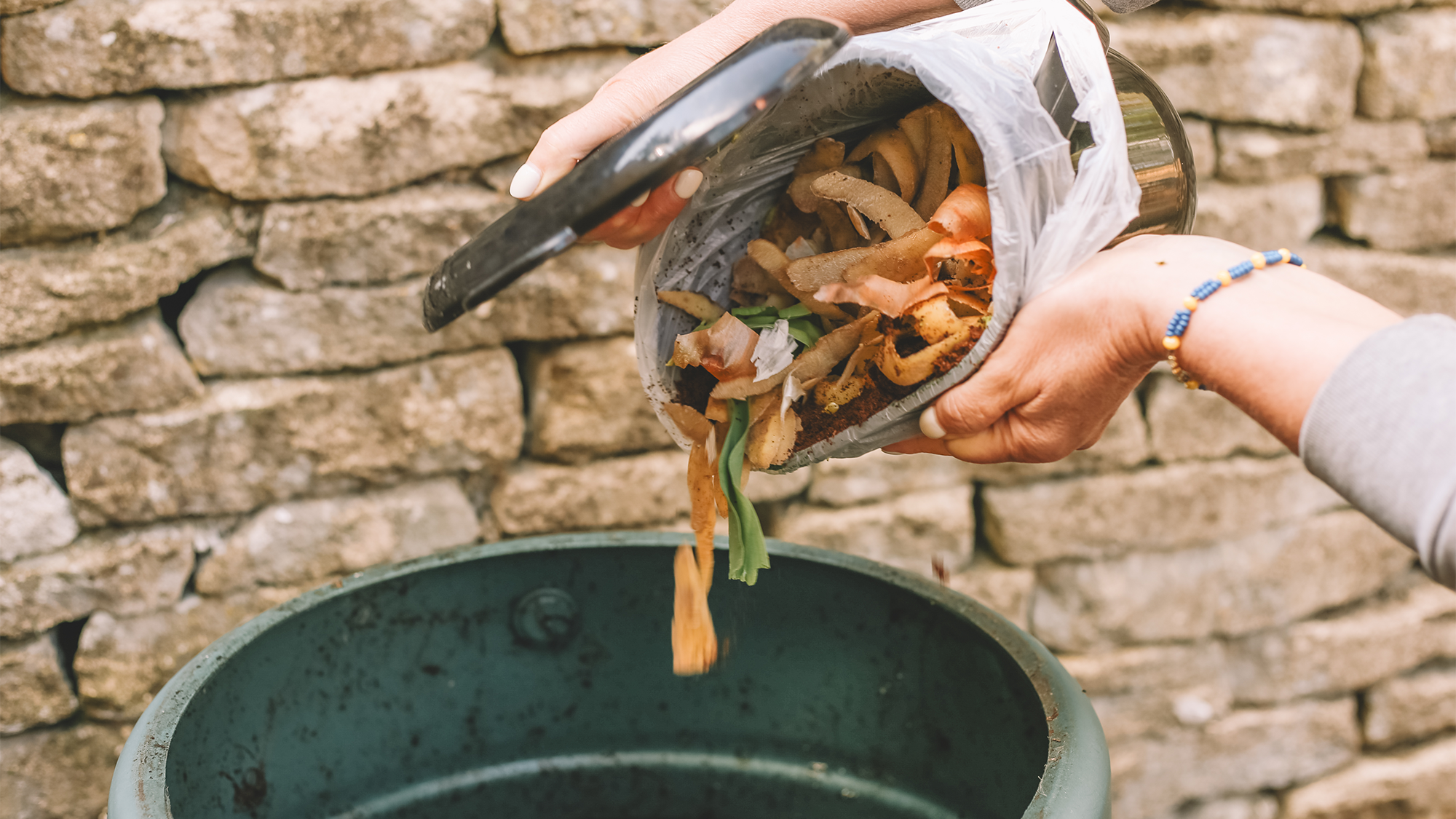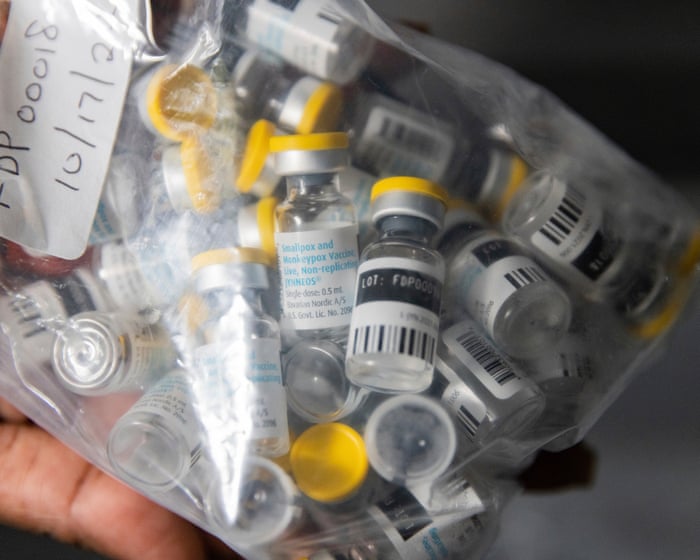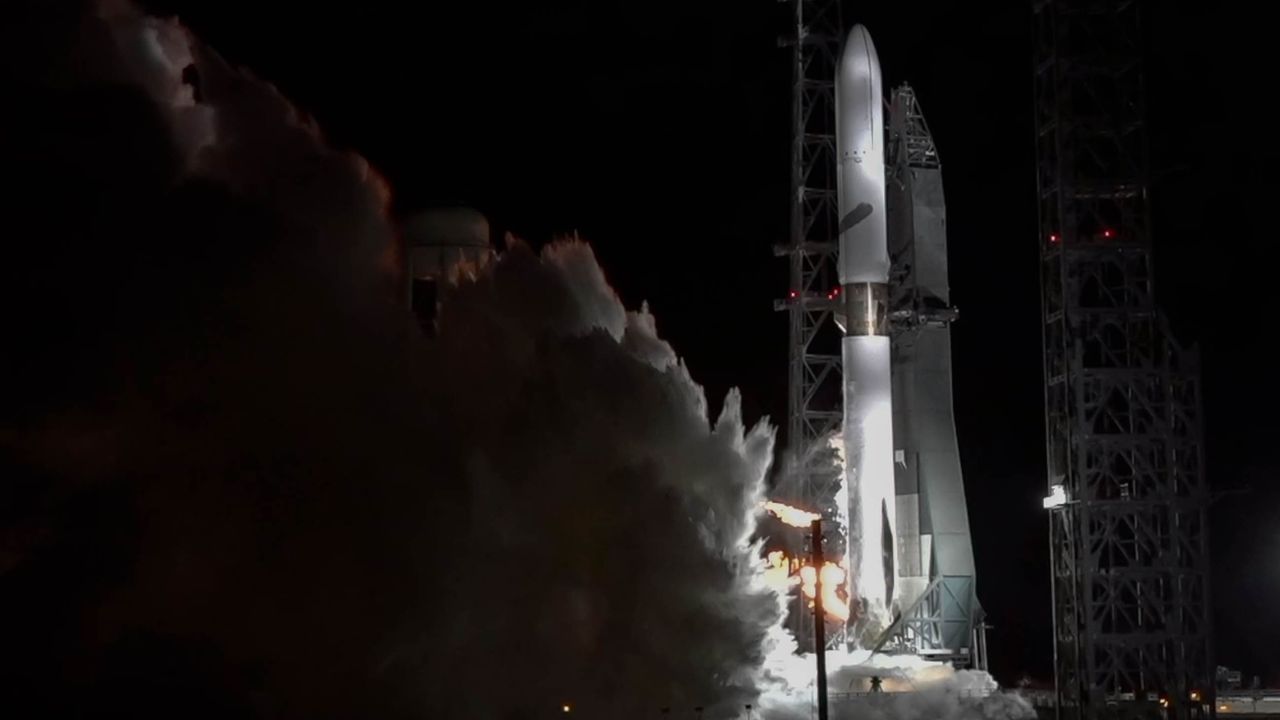A Flash, a Boom, a New Microbe Habitat
PositiveScience
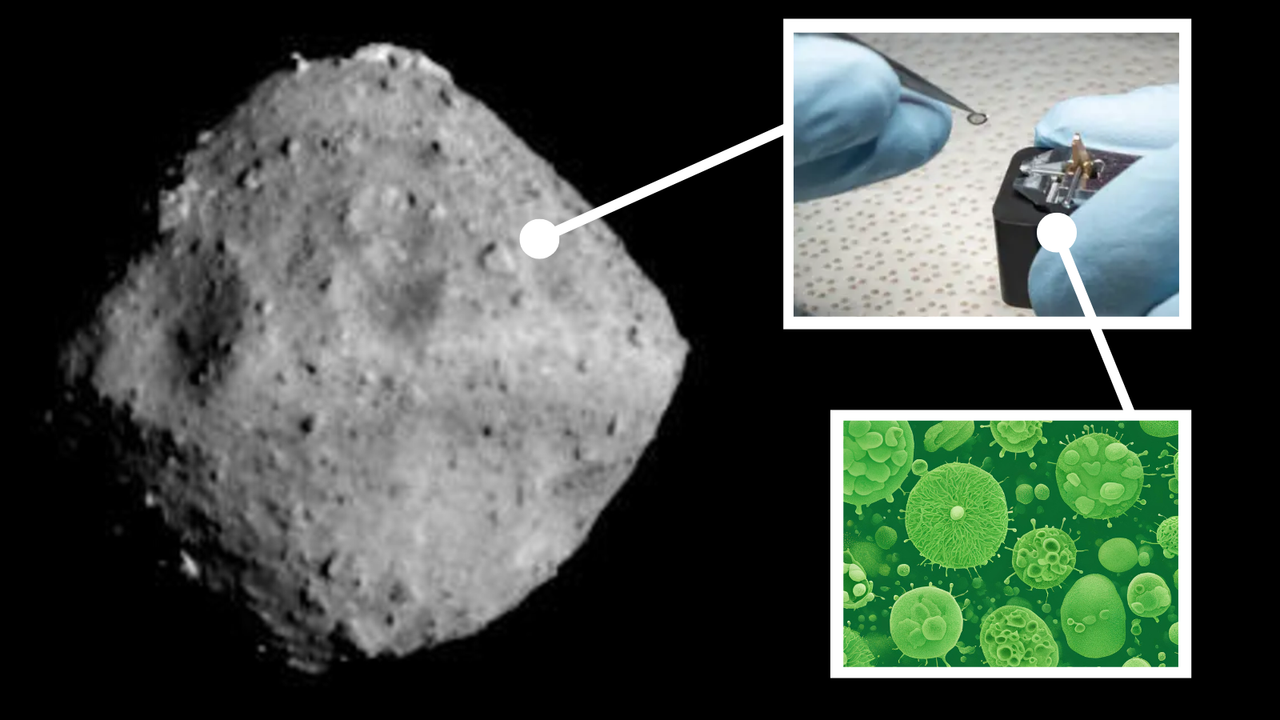
New research has uncovered that after an asteroid impact in Finland, microscopic life began to thrive in the area within just a few million years. This discovery is significant as it highlights the resilience of life and its ability to adapt to extreme conditions, offering insights into how life can emerge in similar environments, possibly even on other planets.
— Curated by the World Pulse Now AI Editorial System
